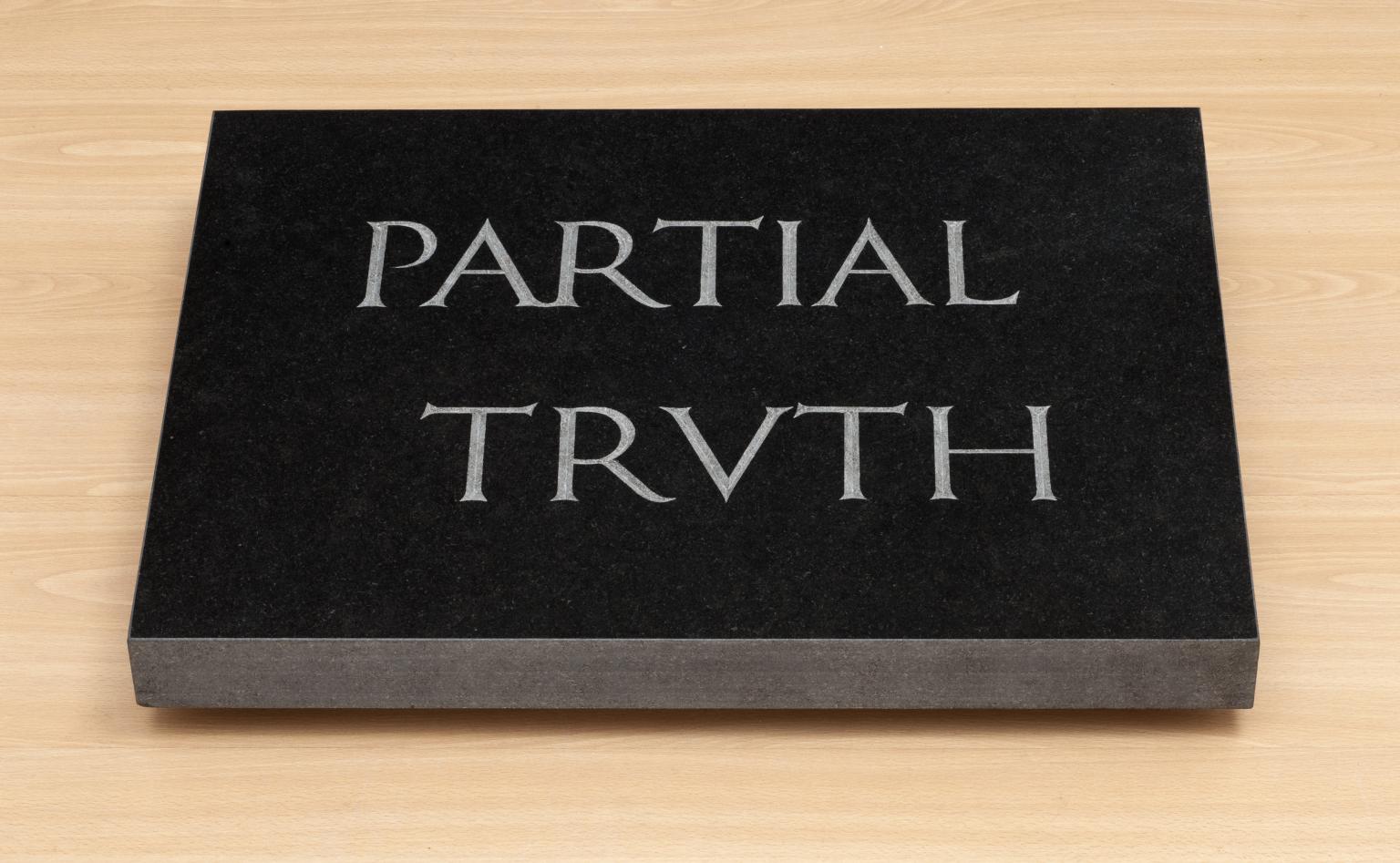What Is Truth
How To Tell A Partial Truth From The Whole Truth?
What Is Truth?
How the truth and nothing but the truth is often not the whole truth.
Aunty Flo
My great aunty Flo broke her arm and died.
It is true that she broke her arm in 1923. It is also true that she died in 1949. But there is no cause and effect relationship between these 2 events. The only connection between these events is that they appear in the same sentence.
That is a simple illustration of how the acccurate and honest reporting of two truths is not the whole truth.
Britain's involvement in the slave trade Now let's look at a more complex and current example. [1] Great
Britain was heavily involved in the slave trade in the 17th and 18th
Centuries and British traders were responsible for the exporting of 3.2 million African
slaves between 1660 and 1807. [2] The industrial expansion of that
period benefited from the profits from that trade and thus modern
Britain is the direct beneficiary of this trade. [3] The endemic and
systemic anti-black racism in contemporary British society is the
result of the "white supremacism" used to justify the enslavement of
blacks in that period. [4] White British people need to understand
their racial colonisalist history, apologise for it, make reparation
through a process of cultural decolonisation and in some situations via
financial reparation. This is a very brief summary of the truths and position of "Black Lives Matter", "Rhodes Must Fall" and many others who embrace and espouse the current historical revisionism we are experiencing in the UK at time of writing. Before we go any further let me place on record that in my view slavery of any people anywhere, at any time from the past to the present is abhorrent and a crime against humanity. Similarly, racism in all its shapes and forms, and however prevalent in UK society or any other country or culture, is totally unacceptable. The statements in points one and two above are facts and therefore true. The extrapolations, and beliefs based on those extrapolations, expressed in points three and four above are opinions and do not reflect the whole truth. It's beyond the scope of this article to provide detailed analysis of the history of British involvement in the slave trade, but suffice it to say that:
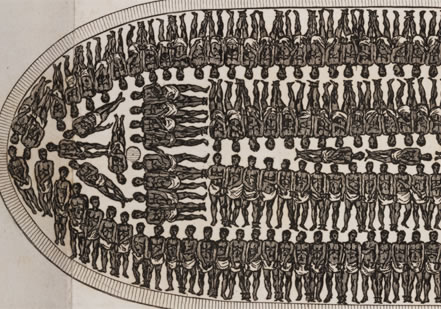
What Is Truth And What Is A Partial Truth?
A partial truth is a fact that is true but is a fragment of the whole truth.
3 reasons why the whole truth is often not told
- Laziness. We love to jump to conclusions and are hardwired to apply heuristics, make assumptions and misunderstand or ignore the difference between corelation and causation.
- Access. We don't always have access to all the facts and thus we build a narrative that fits the known facts.
- Belief. We construct a theory or a belief which over time becomes subject to confirmation bias and we neither see nor include information that does not support our position.
Why does all this matter?
One of the key themes of this site is about learning how to think effectively, and this matters because, over the long term, the outcomes that you experience throughout your life are determined by two critical factors:
- How you respond to the events in your life.
- How you respond to the influences that you are exposed to thoughout your life.
These influences include: your upbringing, the political environment you live in, popular culture, mainstream media, social media and the prevailing ideologies.
Many of the things that happen in your life are random and beyond your control.
- But, you can control how you choose to respond to these events - it is a choice.
Many of the influences to which you are exposed fall into the category of partial truths masquerading as the whole truth. Obviously you can't control these influences.
- But, you can also control how you choose to respond to these influences - it is a choice.
- In order to be able to do this you need to have the mental tools and resources to be able to exercise good judgement.
- I have set out below a checklist to help you determine the true nature of the influences to which you are exposed.
The long term cumulative and compounding impact of your choices can have a major effect on your health, wealth and happiness.
What Is Truth - How To Tell A Partial Truth From The Whole Truth?
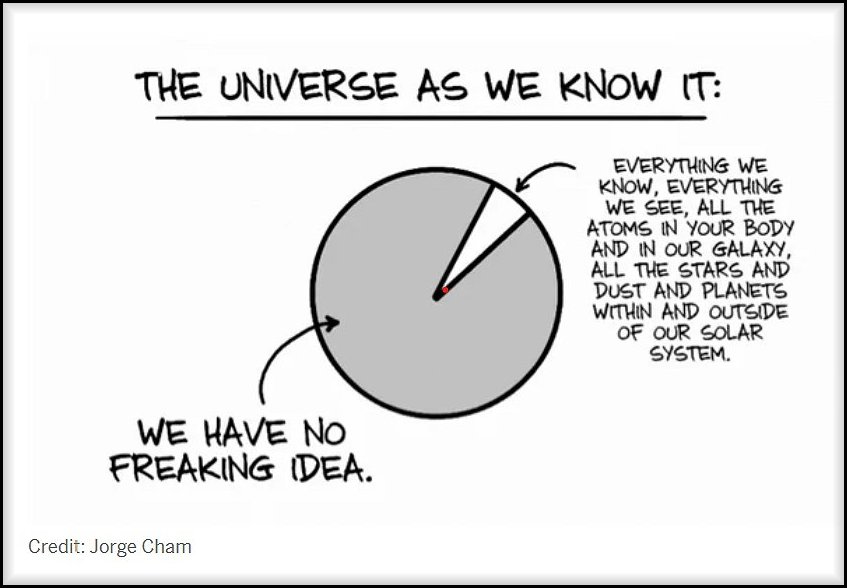
How do we establish what is truth? How do we know whether an idea, a theory or a belief [or in fact anything] that is presented as the truth really is the whole truth rather than a partial truth masquerading as the whole truth?
I have set out below a checklist which you can apply to see whether you are dealing with the whole known truth or a partial truth masquerading as the whole truth.
But first I want to set out the context and background to that checklist.
Please note: When I use the phrase "the whole truth" I am referring to "the whole known truth" at any particular point in time, which may superceded with future discoveries.
Karl Popper: The Line Between Science and Pseudoscience
The scientific philosopher Sir Karl Popper (1902-1994), was interested in the same problem and offered a solution. He was considering this in relation to science and what he referred to as "pseudo-science", but the principles he outlined apply to our challenge and we can equate science as the whole truth and pseudo-science as partial truth.
In the early 20th century a number of new and exciting theories were all the rage and this was at the same time that Albert Einstein was setting out his theory of relativity.
He became concerned that Marxism and Freud and Adler's psychological theories did not meet the same standard of proof as Einstein's theory of relativity. In Popper's own words:
"It was during the summer of 1919 that I began to feel more and more dissatisfied with these three theories–the Marxist theory of history, psychoanalysis, and individual psychology; and I began to feel dubious about their claims to scientific status. My problem perhaps first took the simple form, ‘What is wrong with Marxism, psycho-analysis, and individual psychology? Why are they so different from physical theories, from Newton’s theory, and especially from the theory of relativity?’ I found that those of my friends who were admirers of Marx, Freud, and Adler, were impressed by a number of points common to these theories, and especially by their apparent explanatory power. These theories appeared to be able to explain practically everything that happened within the fields to which they referred. The study of any of them seemed to have the effect of an intellectual conversion or revelation, opening your eyes to a new truth hidden from those not yet initiated. Once your eyes were thus opened you saw confirming instances everywhere: the world was full of verifications of the theory. Whatever happened always confirmed it. Thus its truth appeared manifest; and unbelievers were clearly people who did not want to see the manifest truth; who refused to see it, either because it was against their class interest, or because of their repressions which were still ‘un-analysed’ and crying aloud for treatment."
Popper's Line Of Demarcation
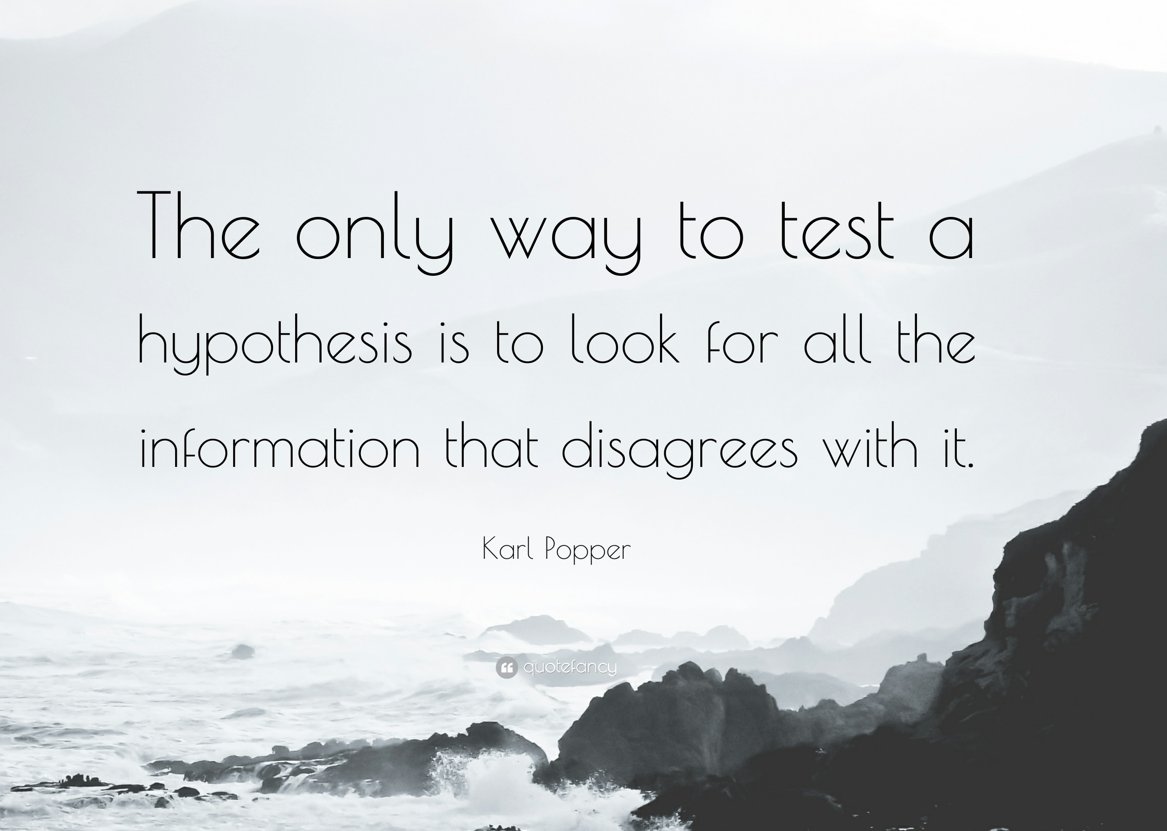
The justification for the theories of Marx, Freud and Adler were based on logical empiricism which can be summarised by saying that if we find enough supporting evidence for a theory that verifies it.
Popper compared and contrasted these theories against Einstein's Theory of Relativity, which made specific, verifiable predictions, giving the conditions under which the predictions could be shown false.
In other words, Einstein subjected his theory to scientific method, and as we now know:
Einstein’s predictions were proved to be true when tested.
One of Einstein’s crucial predictions was that light’s path would be bent by strong gravitational fields, and during an eclipse one would be able to measure the precise degree of curvature for light coming from stars located behind the solar disk.
Astronomers Arthur Eddington and Frank Dyson conducted a study of the solar eclipse of May 29, 1919, which provided the key insight. The measured curvature more closely aligned with Einstein’s theory than the predictions of classic Newtonian gravity thus verifying the theory through attempts to falsify it.
What is truth? Popper's conclusions
- Popper concluded that the non-scientific theories [partial truth] were not testable in any legitimate way.
- There was no possible objection that could be raised which would show the theory to be wrong.
- Popper also concluded that the line of demarcation between genuine science [the whole truth] and pseudo-science [partial truth] is testability.
- Testability means that you can make a future testable prediction which if it does not happen refutes or falsifies the theory and if it does happen it proves the theory to be the whole known truth.
Please note: I am well aware of the various criticisms of Popper's demarcation criteria in the field of science. But for purposes of establishing a working model for differentiating partial truth from the whole truth it stands until superceded by a better one!
Further Reading:
Karl Popper: The Line Between Science and Pseudoscience
Confirmation Bias - Seeing What You Want To See
Why You Should Embrace Anomalies – The Value Of Disconfirming Evidence
The Failure Of Cancel Culture - It's Suppression Not Engagement
Reframing History - Deconstruction And Discussion Not Destruction
Return from "What Is Truth" to: Mental Models - Help You Think Effectively
Or to: Walking The Talk
LATEST ARTICLES
The Dopamine Delusion - Why Anticipation Beats Achievement
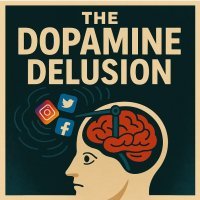 The thrill we feel is not in the having, but in the wanting. The more we have, the more we want. The more things we acquire and the easier things get for us, the more discontent we feel. The more spo…
The thrill we feel is not in the having, but in the wanting. The more we have, the more we want. The more things we acquire and the easier things get for us, the more discontent we feel. The more spo…The Power Of Silence Is Experienced In Your Use Of Language
 Practise the "Beneficial Neurological Delay" for optimal comprehension. The power of silence is experienced in your use of language, specifically: - How you formulate the words you use to think and in…
Practise the "Beneficial Neurological Delay" for optimal comprehension. The power of silence is experienced in your use of language, specifically: - How you formulate the words you use to think and in…Dealing With Setbacks - 5 Questions To Help You Face Discomfort
 How To Counter The Cognitive Shock Of A Setback. Setbacks challenge your instinctual desire for control and comfort, making it unnatural to respond with calm or acceptance. The reason for these instin…
How To Counter The Cognitive Shock Of A Setback. Setbacks challenge your instinctual desire for control and comfort, making it unnatural to respond with calm or acceptance. The reason for these instin…Why Praxis Is The Key To Living A Successful And Stress Free Life
 Praxis Is The Process Of Taking Informed Action To take informed action you need to be prepared with information, knowledge, education and insight. Informed action is objective action that: - Seeks to…
Praxis Is The Process Of Taking Informed Action To take informed action you need to be prepared with information, knowledge, education and insight. Informed action is objective action that: - Seeks to…The Power Of Working With The Front Line
 How To Exercise Influence Without Authority In Complex Systems I first discovered the power of working with the frontline when I was working as a business troubleshooter on large projects, programmes…
How To Exercise Influence Without Authority In Complex Systems I first discovered the power of working with the frontline when I was working as a business troubleshooter on large projects, programmes…Dealing With Distraction - Learning How To Live With Your "Attention Autopilot"
 Living With Your Attention Autopilot The good news about your Attention Autopilot is that it will keep you safe. It is continuously scanning your immediate environment for threats. The bad news is tha…
Living With Your Attention Autopilot The good news about your Attention Autopilot is that it will keep you safe. It is continuously scanning your immediate environment for threats. The bad news is tha…The Time Of Your Life - Recognising Moments Of Alignment For Action
 How will you recognise your moment of alignment for action? In this article I want to look at our relationship with time and in the context of the two main themes of this site, firstly as a thinking s…
How will you recognise your moment of alignment for action? In this article I want to look at our relationship with time and in the context of the two main themes of this site, firstly as a thinking s…The Metagame Approach to Second Order Thinking - 5 Guiding Principles
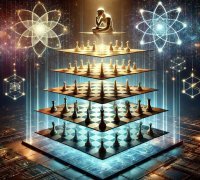 How To Position Yourself For Survival & Success In A Complex Environment We treat life as though it is a complicated system, and our thinking skills and mental models are focused on understanding its…
How To Position Yourself For Survival & Success In A Complex Environment We treat life as though it is a complicated system, and our thinking skills and mental models are focused on understanding its…Outcome Over Optics - Long Game Outcomes Over Short-Term Ego Gains
 The Day I Learned To Focus On Outcome Over Optics I have never forgotten the day I learned to focus on outcomes over optics and figured out a very simple way of saving myself several hundred thousand…
The Day I Learned To Focus On Outcome Over Optics I have never forgotten the day I learned to focus on outcomes over optics and figured out a very simple way of saving myself several hundred thousand…The ETTO Principle - Why Near Enough Can Be Good Enough
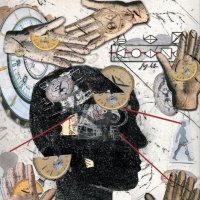 How To Balance the Efficiency-Thoroughness Trade Off The ETTO Principle describes the inherent trade-off between working efficiently and working thoroughly. This trade-off is something that affects…
How To Balance the Efficiency-Thoroughness Trade Off The ETTO Principle describes the inherent trade-off between working efficiently and working thoroughly. This trade-off is something that affects…Master The Art Of Drawing The Bow
 Focus On Process Not Outcome In so many areas of our lives, we focus on the outcome, not the process that we follow to achieve it. In the western world, we are conditioned to pay less attention to how…
Focus On Process Not Outcome In so many areas of our lives, we focus on the outcome, not the process that we follow to achieve it. In the western world, we are conditioned to pay less attention to how…And So This Is Christmas
 There Is No Path To Peace - The Path Is Peace Thich Nhat Hanh, the renowned Vietnamese Zen Buddhist monk, teacher, and peace activist, often spoke about peace as a state of being that begins within on…
There Is No Path To Peace - The Path Is Peace Thich Nhat Hanh, the renowned Vietnamese Zen Buddhist monk, teacher, and peace activist, often spoke about peace as a state of being that begins within on…Curiosity Skilled The Cat - Optimize For Interesting
 Curiosity Fuels Excellence The old adage, “Curiosity killed the cat,” warns of the dangers of venturing too far into the unknown. But what if we reimagine it not as a risk but as a gateway to developi…
Curiosity Fuels Excellence The old adage, “Curiosity killed the cat,” warns of the dangers of venturing too far into the unknown. But what if we reimagine it not as a risk but as a gateway to developi…Let Stillness Speak - Living Within A Complex System
 To let stlllness speak is to learn it's first major lesson: you are not your thoughts. To let stillness speak is about stepping back from the constant chatter of your mind and allowing a deeper, quiet…
To let stlllness speak is to learn it's first major lesson: you are not your thoughts. To let stillness speak is about stepping back from the constant chatter of your mind and allowing a deeper, quiet…Understanding Complex Systems Thinking - It's Not Complicated
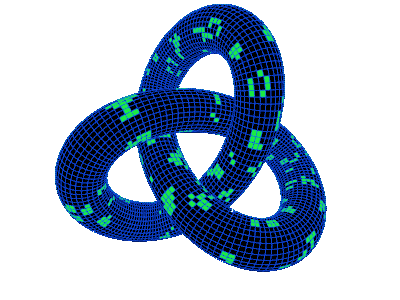 Understanding, and being able to work with, complexity is an important thinking skill.
We are all working with complex systems, and we do so every day. The biggest one is life itself. We automaticall…
Understanding, and being able to work with, complexity is an important thinking skill.
We are all working with complex systems, and we do so every day. The biggest one is life itself. We automaticall…Stay On The Bus - When To Keep On Going
 The Helsinki Bus Station Theory
Have you ever started a new project, initiative or role with a big vision and a determination to make a difference? Initially you were full of enthusiasm and highly mo…
The Helsinki Bus Station Theory
Have you ever started a new project, initiative or role with a big vision and a determination to make a difference? Initially you were full of enthusiasm and highly mo…Zen Thoughts Email Series
 Conversations With A Friend Zen Thoughts is an email series of 50 short messages spread over 3 months. The messages are written in the style of a conversation with a friend who is going through a toug…
Conversations With A Friend Zen Thoughts is an email series of 50 short messages spread over 3 months. The messages are written in the style of a conversation with a friend who is going through a toug…How to Get What You Value by Changing What You Measure
 Give Up Control & Gain Influence To Get What You Want
The metrics we choose to focus on can significantly shape our outcomes, sometimes in ways we don't intend. The challenge is to make sure that you…
Give Up Control & Gain Influence To Get What You Want
The metrics we choose to focus on can significantly shape our outcomes, sometimes in ways we don't intend. The challenge is to make sure that you…How to Become A Master At Overcoming Hard Moments
 "The best in the world are not the best because they win every point. It's because they lose again and again and have learned how to deal with it." This quote from Roger Federer has got a lot of cover…
"The best in the world are not the best because they win every point. It's because they lose again and again and have learned how to deal with it." This quote from Roger Federer has got a lot of cover…Drop The Story - Deal With Your Demons and Transform Your Experience
 Are you living your life from the stories you tell yourself? Learning how to drop the story and deal with that voice in your head can be a game changer. When you can do this you will have a powerful t…
Are you living your life from the stories you tell yourself? Learning how to drop the story and deal with that voice in your head can be a game changer. When you can do this you will have a powerful t…

